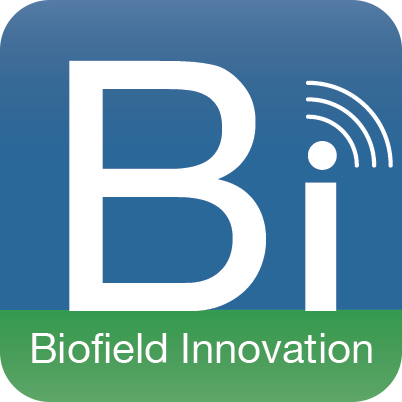Health, medicine and healthcare are all affected by digital transformation processes which, launched in the last decade, will see a first final phase in the coming years.
The term “Digital Health“, referring to the application of digital technologies and the health management in addition to the processes that affect it, it is generally used as an expression that includes all technologies, for this reason it is often perceived as vague and potentially confusing.
In fact, the field of digital health has not yet been served by a shared lexicon and the many disciplines that make it up are often divided by different languages. The definitions provided by WHO (1), the FDA (2) and other institutions have failed to counter the uncertainty about the different usedterms, such as Digital Medicine, Digital Health, Digital Healthcare, eHealth, mobile Health and others, often used as synonyms and interchangeable, causing confusion and sometimes distrust of them.
Recently, the Digital Medicine Society and other international organizations have proposed a taxonomy and a classification of digital technologies for health increasingly used in Italy (Table 1) (3).
This classification identifies Digital Medicine as a subset of Digital Health. In turn, it is defined as the set of all digital technologies for health, largely referring to the area of well-being and the management and transmission of clinical data. Generally, these technologies do not require evidence of efficacy to support their use or approval by regulatory bodies.
TRIALS
REGULATORY
Table 1: Definitions and characteristics of Digital Health, Digital Medicine, Digital Therapeutics products.
Thus, this classification defines Digital Medicine as the use of software and hardware products based on clinical evidence of efficacy and capable of providing measurements and/or delivering interventions with the aim of treating and/or preventing diseases. The primary interest is therefore towards the disease, the patient, the doctor and health professionals, not so much about well-being or health in general terms. The related products, like those used in the traditional context of medicine, are based on research, development and clinical experimentation.
Digital Medicine products
Digital Medicine includes products that can provide measurements and deliver interventions, support health research and medicine practice in the broader sense, including treatment, recovery, disease prevention and health promotion for individuals and populations .
These products are divided into 2 categories involving measurement and intervention, which can be used independently or in conjunction with pharmaceuticals, medical devices or other interventions to optimize patient care and health outcomes.
Measuring products
Through Digital Medicine products that measure biomarkers or clinical outcomes it becomes possible to acquire new information for the diagnosis or monitoring of diseases and their management, even remotely. This information is generated mainly in the context of the patient’s real life, which in many cases could not be obtained with the methods of traditional medicine.
Among the most recent product categories:
- Digital Inhalers
Inhalers for the treatment of asthma or chronic obstructive pulmonary disease with digital sensor hooked through a device or inserted inside it represent a new generation of inhalers capable of generating information relating to both use (opening and closing of the lid) and in advanced products (as in the case of Amiko’s Breath) also to the quality of the inhalation of the drug.
- Digital Pills
They are drug tablets (such as Abilify MyCite for the treatment of schizophrenia) including an inserted sensor,which emits a signal once exposed to the acidic environment of the stomach in which the tablet is dissolved. The signal is then collected by a patch placed on the patient’s forearm and then transferred to an application on the patient’s smartphone. This modality represents one of the most advanced for verifying that the patient is actually taking the therapy.
Intervention products
Digital Medicine products that deliver interventions can be used on their own or combined with drugs, devices, or other therapies to optimize patient care and health outcomes
- Digital Therapeutics
In the classification of the Digital Medicine Society and others (Table 1), Digital Therapeutics represent a subset of Digital Medicine, in particular of its intervention component, and constitute the third category of taxonomy.
- Digital Supports
They are software, mainly in the form of an application, used by the patient to optimize the therapy they are taking, pharmacological or other type. They represent the digital evolution of Patient Support Programs, PSP.
Unlike Digital Therapeutics, they do not deliver a therapeutic benefit directly, but operate with a therapeutic intervention.Through reminders, information on the correct intake of therapy, connections with the doctor or other patients and more, the Digital Supports create the optimal conditions that allow the effectiveness of the therapeutic intervention to be optimized. As all Digital Medicine products, Digital Supports are developed through clinical research, of an experimental or observational nature, to document their health value.
- Digital Rehabilitation
Digital rehabilitation systems (motor, cognitive or otherwise) deliver exercise sessions, based on data collected by motion sensors connected to patients. The most advanced systems use serious games and immersive experiences allowing the patient to see himself inside the video game, in the form of an avatarand to perform the exercises that the game offers, in which the duration and intensity is predefined by the physiotherapist.
These systems allow to objectively document both the basic clinical situation and the results of the therapy sessions regarding the patient’s motor functions. Similarly to Digital Therapeutics, they are developed through confirmatory clinical trials.

